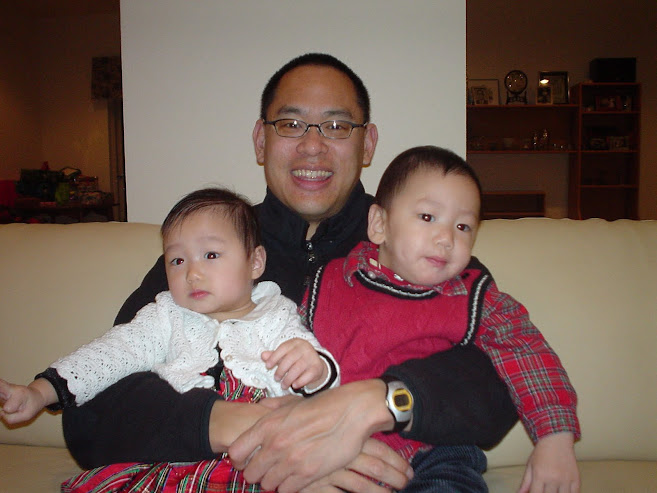The transcript excerpts below are from my recent conversation with Brian Chau (aka Cactus Chu) on his podcast.
— steve hsu (@hsu_steve) September 28, 2022
Segments begin at 47m and 1h07m.
They have been lightly edited.https://t.co/RJ68FasfJchttps://t.co/TnSuNaxhnQ
2. Anti-scientific resistance to research on the genetics of cognitive ability. My experience with the Jasons. Blank Slate-ism as a sacralized, cherished belief of social progressives. This segment begins at roughly 1 hour 7 minutes.
1. Starts at roughly 47 minutes.
Okay, let's just say hypothetically my billionaire friend is buddies with the CEO of 23andMe and let's say on the down low we collected some SAT scores of 1M or 2M people. I think there are about 10M people that have done 23andMe, let's suppose I manage to collect 1-2M scores for those people. I get them to opt in and agree to the study and da da da da and then Steve runs his algos and you get this nice predictor.
But you’ve got to do it on the down low. Because if it leaks out that you're doing it, People are going to come for you. The New York Times is going to come for you, everybody's going to come for you. They're going to try to trash the reputation of 23andMe. They're going to trash the reputation of the billionaire. They're going to trash the reputation of the scientists who are involved in this. But suppose you get it done. And getting it done as you know very well is a simple run on AWS and you end up with this predictor which wow it's really complicated it depends on 20k SNPs in the genome ...
For anybody with an ounce of intellectual integrity, they would look back at their copy of The Mismeasure of Man which has sat magisterially on their bookshelf since they were forced to buy it as a freshman at Harvard. They would say, “WOW! I guess I can just throw that in the trash right? I can just throw that in the trash.”
But the set of people who have intellectual integrity and can process new information and then reformulate the opinion that they absorbed through social convention – i.e., that Gould is a good person and a good scientist and wise -- is tiny. The set of people who can actually do that is like 1% of the population. So you know maybe none of this matters, but in the long run it does matter.
…
Everything else about that hypothetical: the social scientists running the longitudinal study, getting the predictor in his grubby little hands and publishing the validation, but people trying to force you to studiously ignore the results, all that has actually already happened. We already have something which correlates ~0.4 with IQ. Everything else I said has already been done but it's just being studiously ignored by the right thinking people.
…
Some people could misunderstand our discussion as being racist. I'm not saying that any of this has anything to do with group differences between ancestry groups. I'm just saying, e.g., within the white population of America, it is possible to predict from embryo DNA which of 2 brothers raised in the same family will be the smart one and which one will struggle in school. Which one will be the tall one and which one will be not so tall.
[more]
2. Starts at roughly 1 hour 7 minutes.
I've been in enough places where this kind of research is presented in seminar rooms and conferences and seen very negative attacks on the individuals presenting the results.
I'll give you a very good example. There used to be a thing called the Jasons. During the cold war there was a group of super smart scientists called the Jasons. They were paid by the government to get together in the summers and think about technological issues that might be useful for defense and things like war fighting.
…
I had a meeting with the (current) Jasons. I was invited to a place near Stanford to address them about genetic engineering, genomics, and all this stuff. I thought okay these are serious scientists and I'll give them a very nice overview of the progress in this field. This anecdote takes place just a few years ago.
One of the Jasons present is a biochemist but not an expert on genomics or machine learning.
This biochemist asked me a few sharp questions which were easy to answer.
But then at some point he just can't take it anymore and he grabs all his stuff and runs out of the room. ...
[more]




